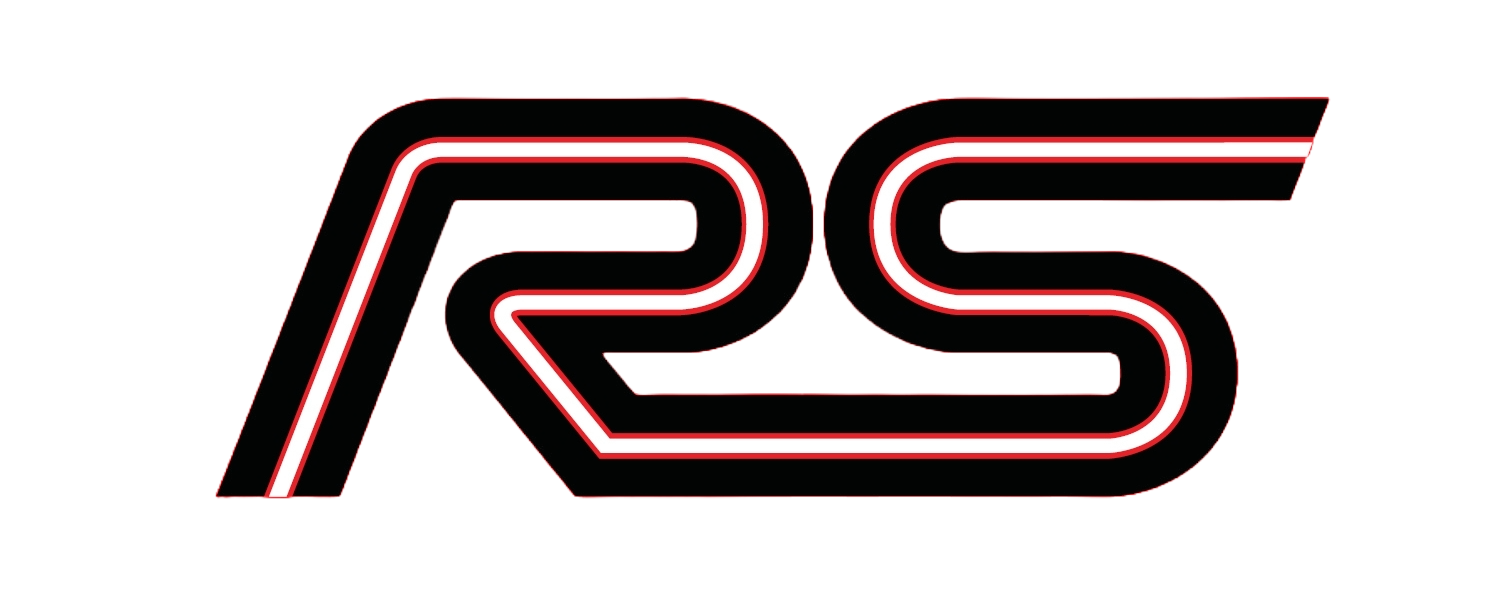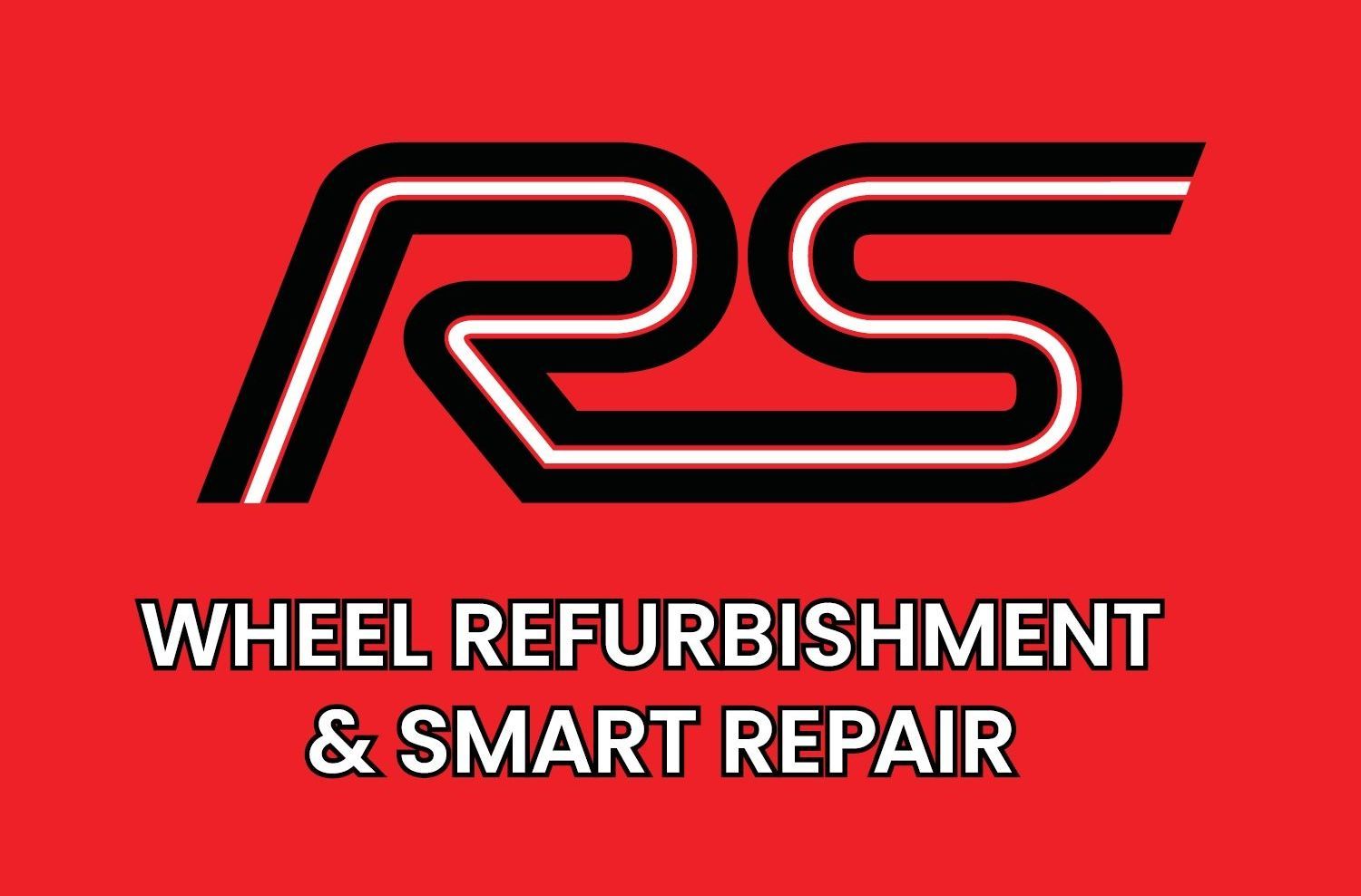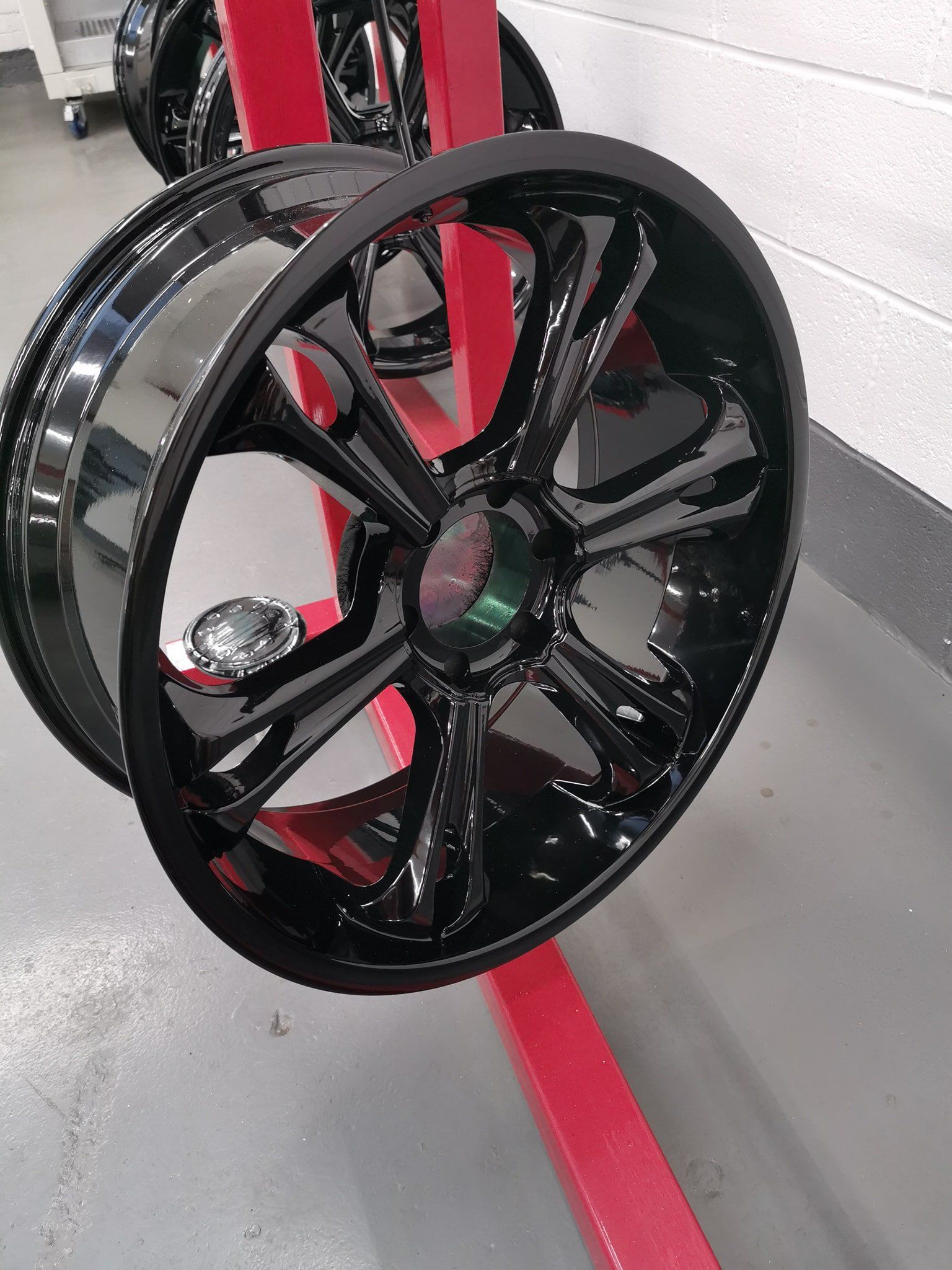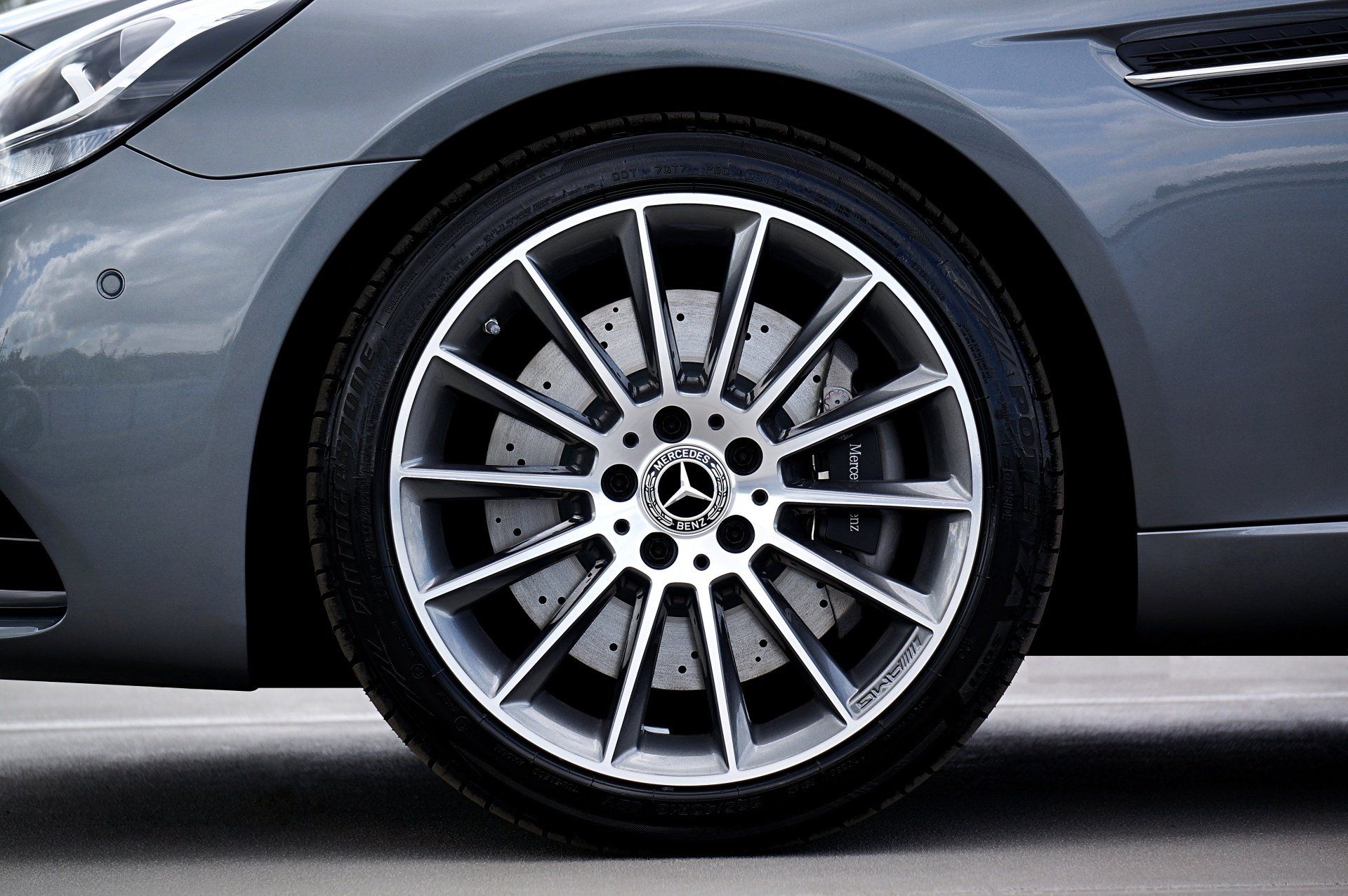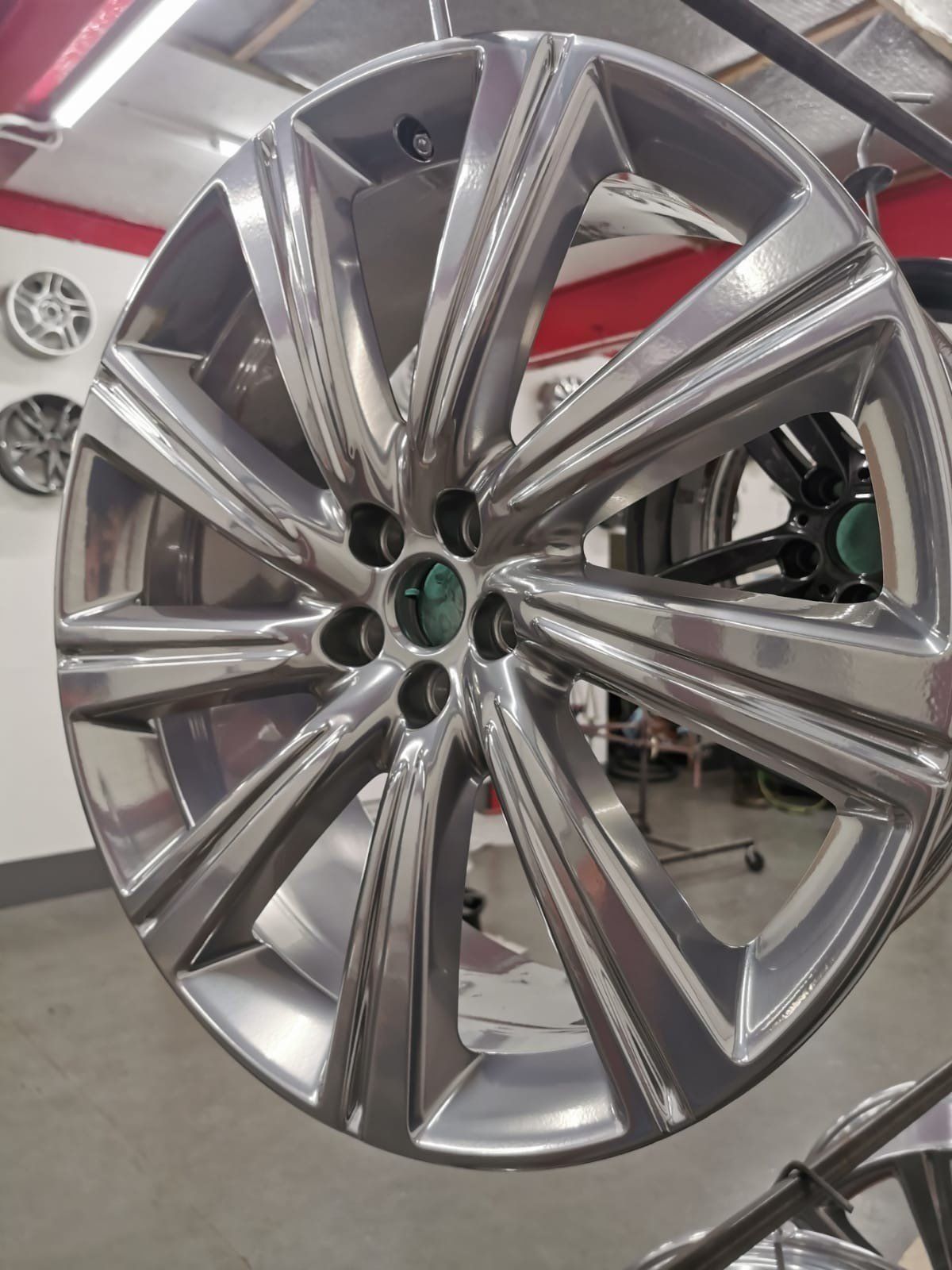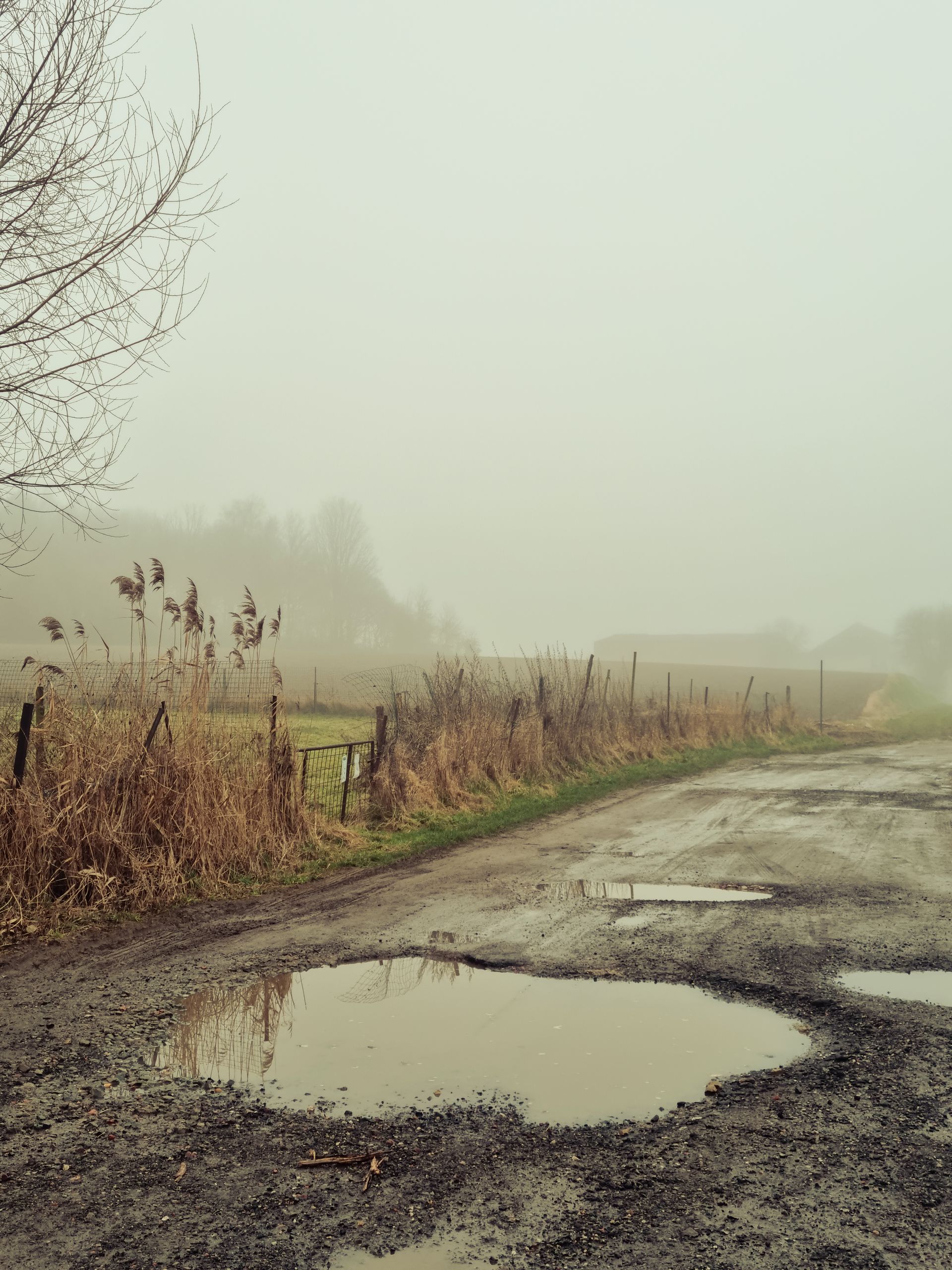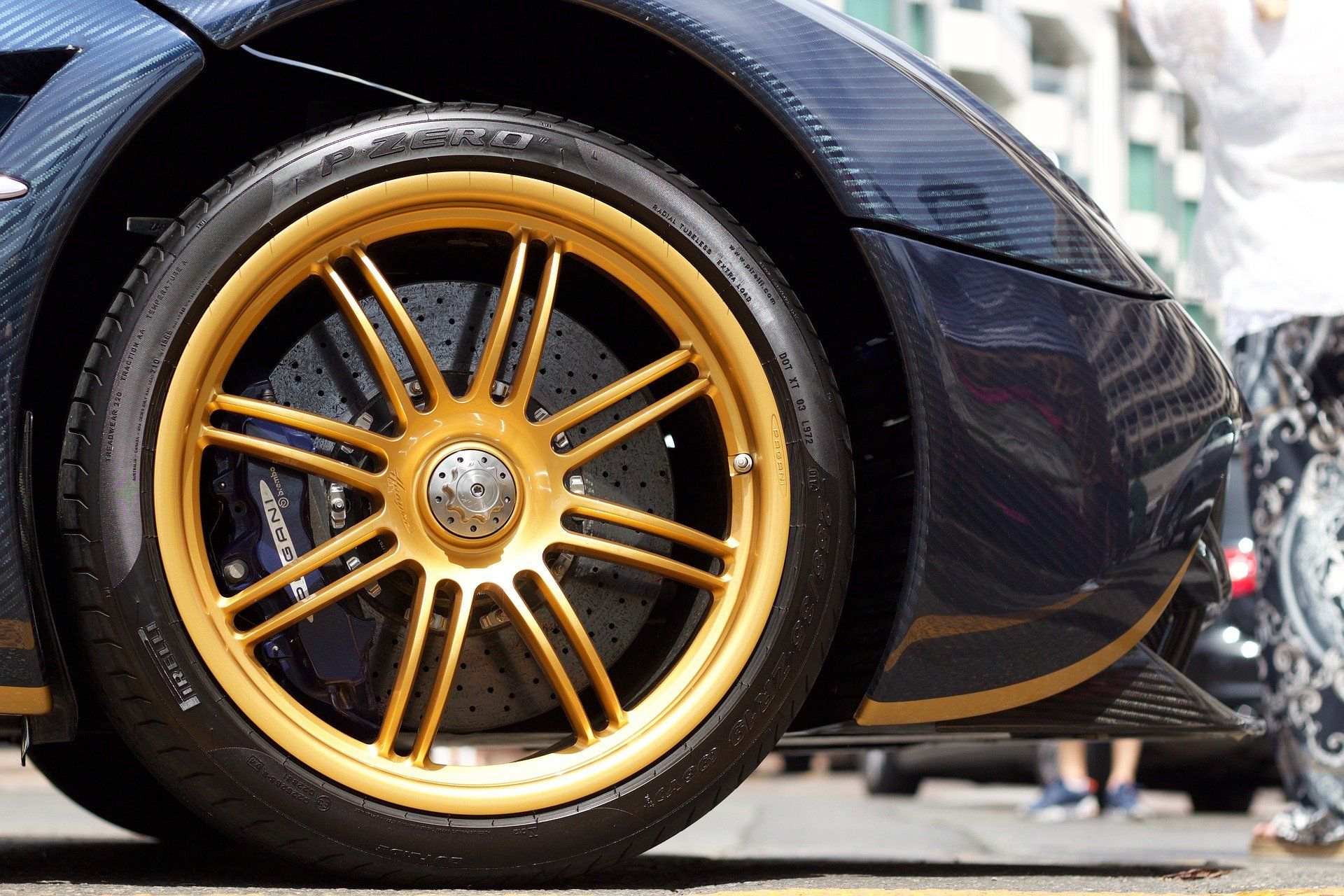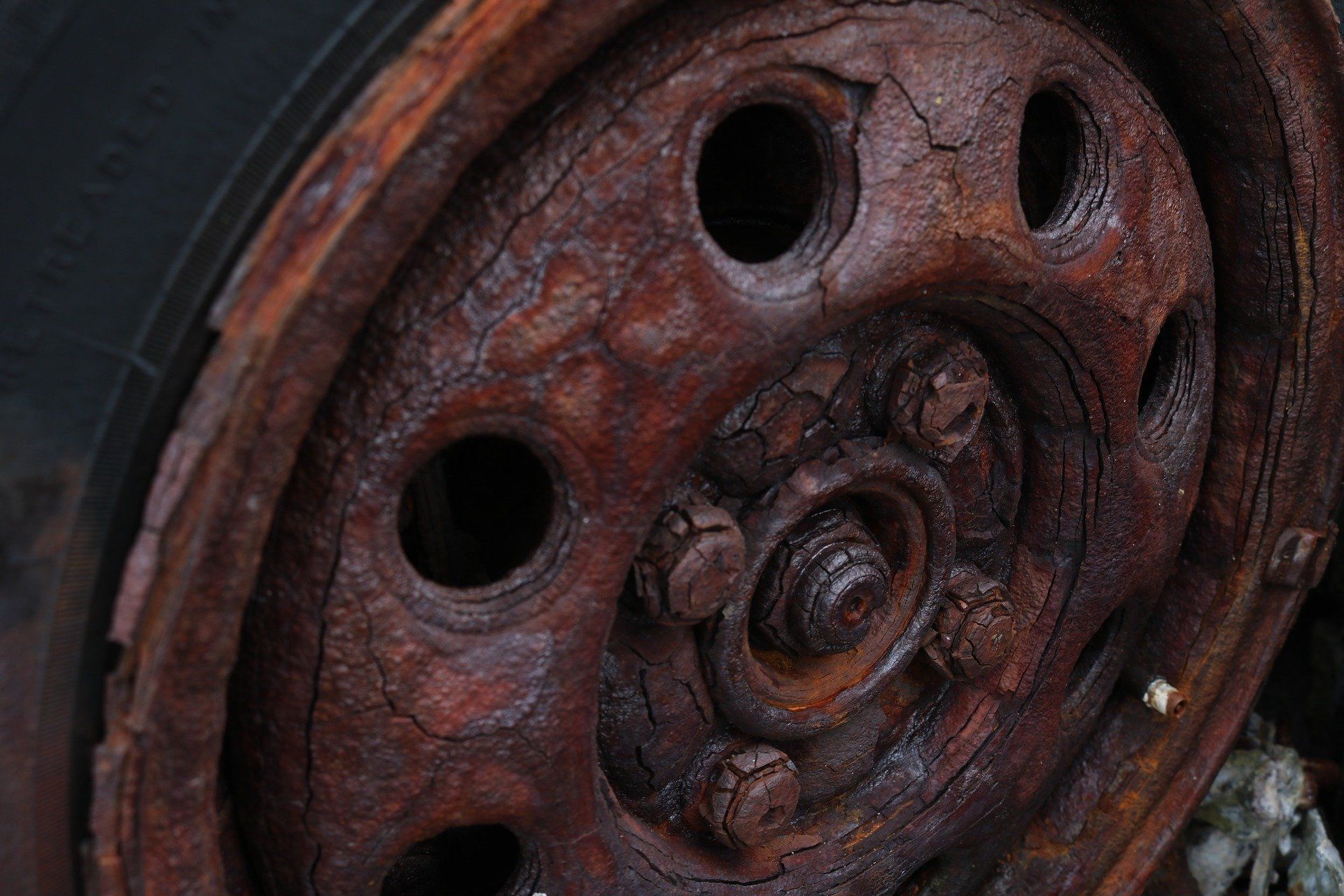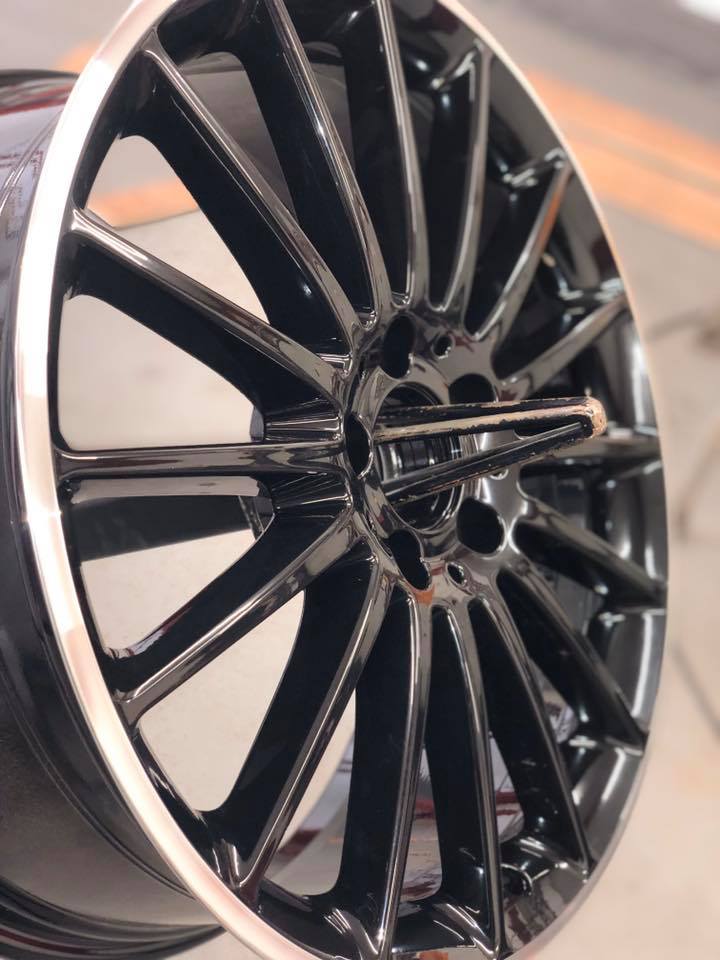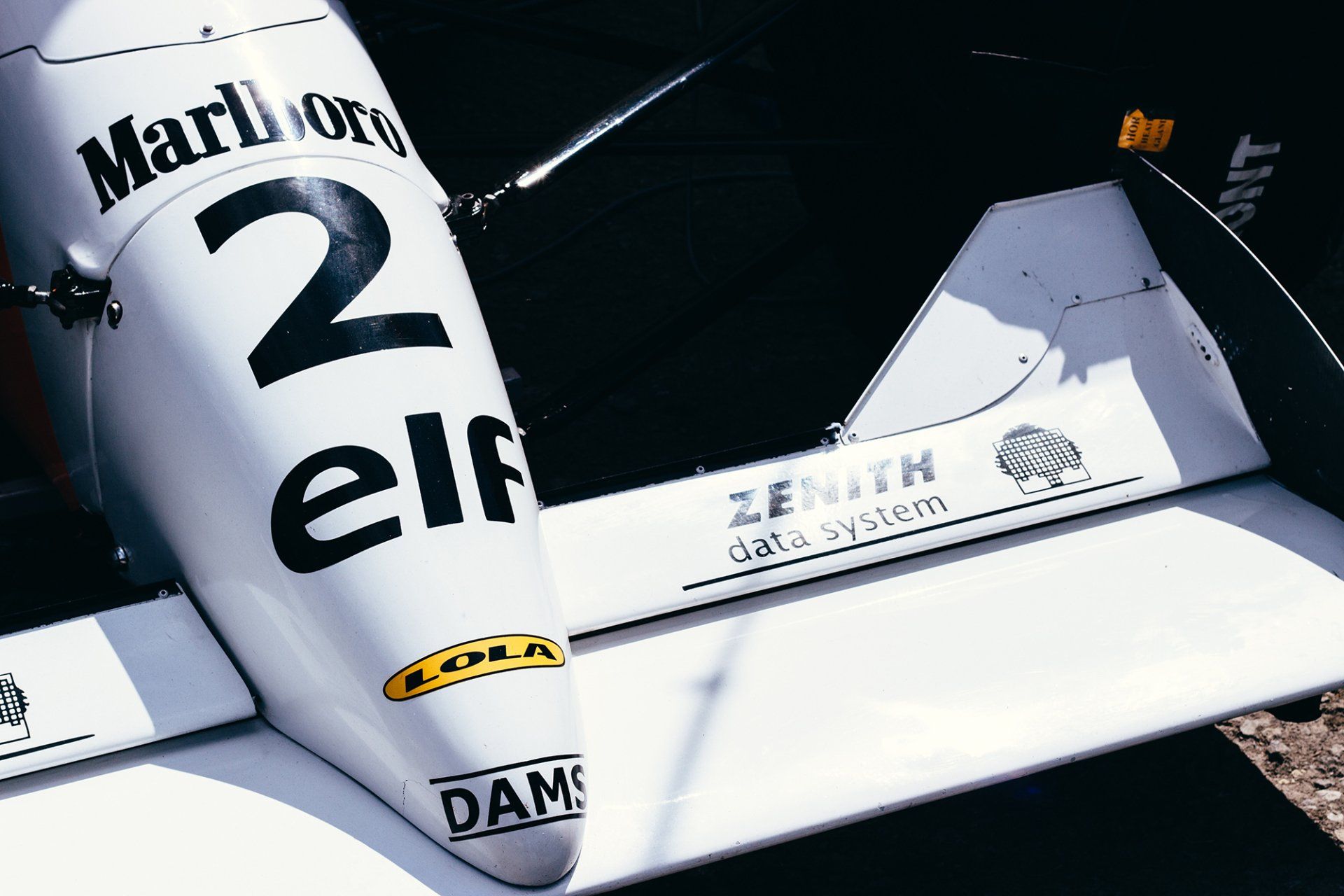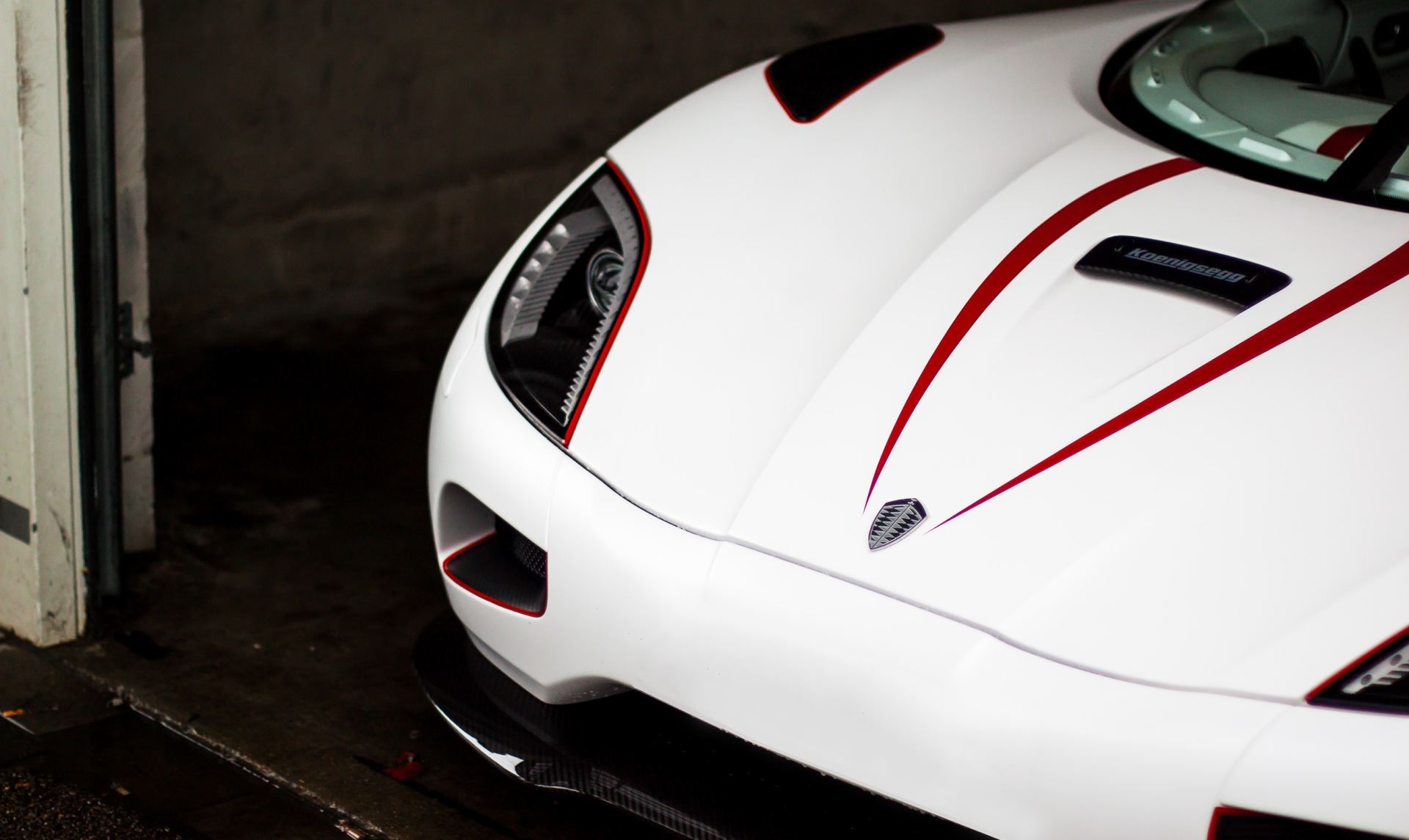What is Powder Coating For Alloy Wheels?
When looking to get a respray for your car or your alloy wheels, you may consider powder coating as an alternative to typical paint jobs. Seen as a cheaper and more durable alternative, it has become an incredibly popular way to customise and colour your vehicle's wheels.
However, how is it done and is it all it's cracked up to be? This article will help to break down how powder coating works and whether it's the right choice for you. It has a lot of benefits in the finish but it can be somewhat unreliable and depending on what you want, it might not be ideal.
What is powder coating?
Powder coating is a type of coating that is applied as a dry powder to a surface. The powder is typically a thermoplastic or a thermoset polymer. It is usually used to create a hard and durable finish that is resistant to wear and tear, corrosion, and UV rays. Powder coating has many advantages over traditional wet paint, including better adhesion, durability, and resistance to chipping and fading.
What are the pros and cons of powder coating?
There are a lot of factors to consider when powder coating your car and your alloys. Many people say that the benefits significantly outweigh the cost, but it really depends on your specific situation. Here are some pros and cons to think about before making your decision.
There are many pros to powder coating, including its durability, attractiveness, and versatility. Powder coating is a type of coating that is applied as a powder and then cured under heat to form a hard, smooth finish. It is typically used on metals, but can also be used on plastics and other materials. Powder coating is more durable than traditional paint finishes, and is resistant to chipping, fading, and scratching. It also has a high-gloss finish that is attractive and easy to clean. Powder coating is available in a wide range of colours, and can be customised to match any colour scheme. It is also a versatile finish that can be used on a variety of surfaces, including metal, plastic, glass, and wood.
There are a few drawbacks to powder coating though they can be overcome with the right equipment and understanding. The chief disadvantage to powder coating is its thickness. Most powder coating thicknesses range from 2-3 mils (50-75 microns) thick. This can be an issue if the application requires precise tolerances or if the item being coated is not meant to be that thick. Another downside to powder coating is that it can be difficult to repair if it gets chipped or damaged. It is also not as durable as some other coating methods, so it may need to be reapplied more often.
So, is powder coating worth it? It really depends on your specific situation. If you're looking for a durable, easy-to-maintain finish that will make your car look great, powder coating is probably an excellent choice but it does have its drawbacks. It’s worth asking a professional whether they think it’s the best choice for you and they’ll likely be able to offer the best solution for you that meets your requirements.
RS Wheel Refurbishment
LOCATION
Unit 39 Limestone Cottage Lane, Nutwood Trading Estate, Sheffield,
South Yorkshire, S6 1NJ
Copyright © 2024 All Rights Reserved RS Wheels
Privacy Policy
Website Designed by Up2speed Marketing Limited
